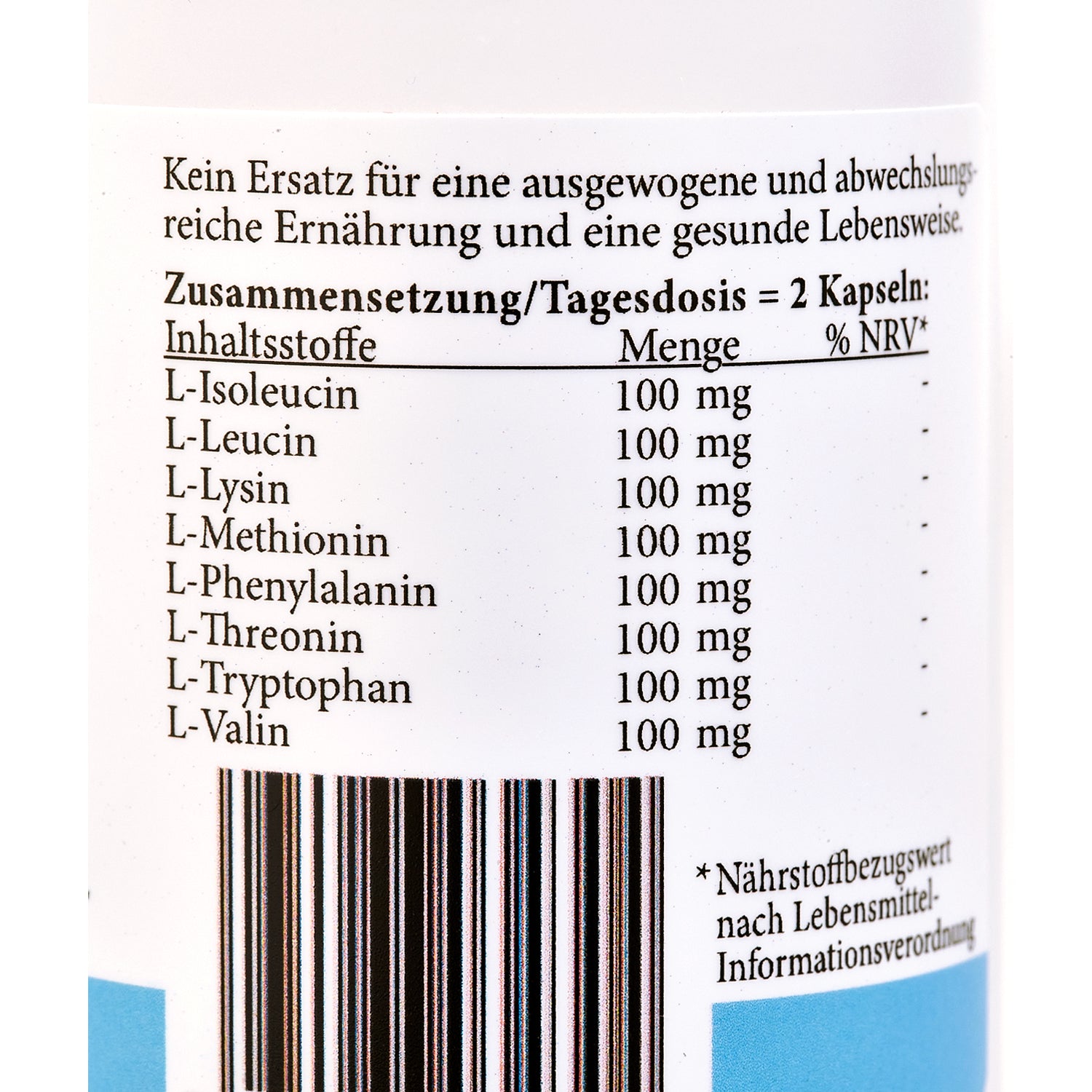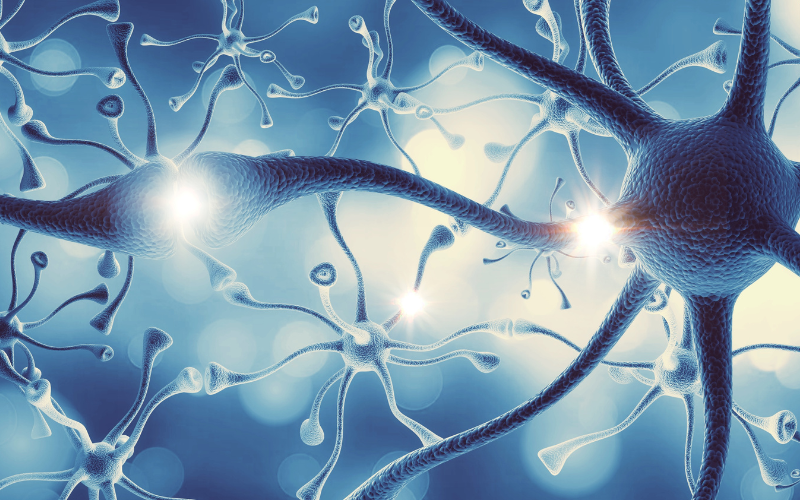





amino acid complex
The amino acid complex is an excellent way to supply your body with high-quality proteins. With this product you can optimally supplement your daily diet and benefit from the numerous health advantages. You will notice how your body and your health improve by specifically addressing your body's needs. Trust in the many years of expertise and specialist knowledge of our products and take the first step towards a healthier lifestyle.
Pairs well with

amino acid complex
The ORY difference - Medical quality is our top priority.
Certified in laboratories
Use laboratory certification for superior product quality.
Developed by experts
Professionally developed products based on years of practical experience.
Scientifically based
Perform precise and reliable diagnostic tests comfortably at home
Product details
INGREDIENTS & COMPOSITION
DELIVERY & TIMEFRAME
APPLICATION & DOSAGE
BENEFITS & SPECIAL FEATURES
If you have any questions, you are always welcome to contact us. We'll get back to you as soon as possible, within 24 hours on weekdays.
-
Shipping Information
Use this text to answer questions in as much detail as possible for your customers.
-
Customer Support
Use this text to answer questions in as much detail as possible for your customers.
-
FAQs
Use this text to answer questions in as much detail as possible for your customers.
-
Contact Us
Use this text to answer questions in as much detail as possible for your customers.

Mechanisms of action of amino acids
.

History of amino acid research

Amino acids and body functions

Long-term studies on amino acids
FAQs
Please read our FAQs page to find out more.
What does the package contain?
How should it be used?
Are there any possible side effects?
Who should not use this product?
How should it be stored?
